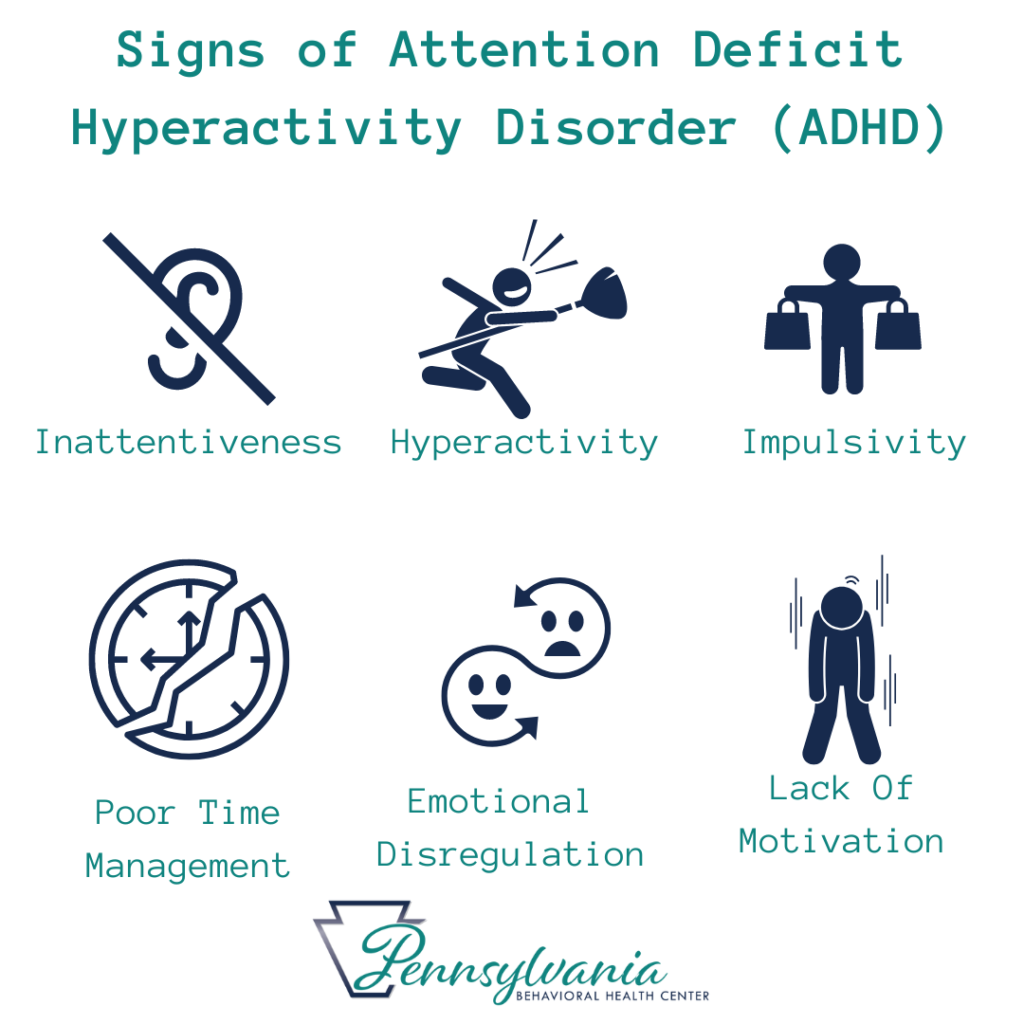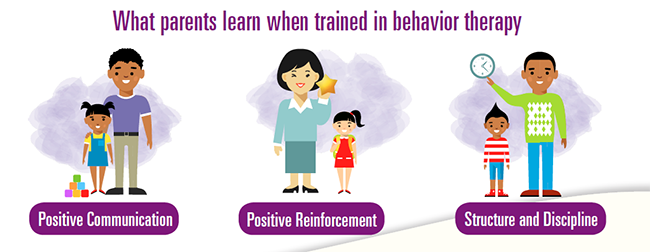Depression Doctor Specializing in Effective Treatment
Depression Doctor Specializing in Effective Treatment
Blog Article
Your Overview to Finding the Right ADHD Therapy for Long Lasting Outcomes
Navigating the intricacies of ADHD therapy requires a nuanced understanding of both the problem and the myriad alternatives offered for efficient management. It is essential to recognize that what works for one person might not necessarily produce the exact same outcomes for another.
Understanding ADHD and Its Influence

In grownups, ADHD can bring about challenges in work environment settings, impacting productivity, time administration, and interpersonal relationships. Frequently, undiagnosed or poorly took care of ADHD can add to co-occurring psychological wellness concerns, such as anxiousness and depression, further complicating an individual's total wellness.
The social assumption of ADHD can vary, bring about stigma and misunderstanding, which may prevent individuals from seeking assistance. As understanding grows, it is crucial to foster a setting that advertises understanding and support for those influenced by ADHD, emphasizing the demand for exact diagnosis and customized strategies to alleviate its effect on daily life.
Introduction of Therapy Choices
An extensive approach to dealing with ADHD encompasses a selection of options customized to the individual's one-of-a-kind demands. These alternatives can broadly be classified into behavioral interventions, psychoeducation, and lifestyle modifications, alongside medicinal therapies that may be checked out later on.
Behavior treatments, such as cognitive-behavioral treatment (CBT), focus on changing specific actions and creating coping methods to take care of signs properly. Psychoeducation plays an essential duty in empowering both individuals and their families by giving information about ADHD, its difficulties, and effective techniques for support.
Way of living alterations can considerably influence ADHD management. Routine exercise, a well balanced diet, and sufficient rest add to total well-being and symptom control. Mindfulness methods and relaxation techniques can likewise boost focus and minimize impulsivity.
Support teams and family members treatment can foster a feeling of community and understanding, aiding people feel much less isolated in their experiences. Each therapy alternative ought to be considered combined with the individual's preferences and scenarios, guaranteeing an alternative approach that advertises long-term success. Ultimately, the goal is to produce an individualized therapy strategy that resolves the specific challenges related to ADHD while enhancing total quality of life.
Medication: Pros and Cons
Medication plays a critical role in the treatment of ADHD, with various options readily available that can dramatically relieve symptoms for many people. Stimulants, such as methylphenidate and amphetamines, are typically prescribed and have revealed performance in enhancing focus, decreasing impulsivity, and enhancing total behavior. These medications work by raising dopamine and norepinephrine levels in the mind, which are commonly dysregulated in those with ADHD.
However, using medication is not without its obstacles. Some individuals may experience side impacts, including sleeplessness, lowered cravings, or raised stress and anxiety. Locating the appropriate dosage can be a trial-and-error procedure, calling for close surveillance by health care specialists. Additionally, not all clients respond to energizer medications, leading some to explore non-stimulant choices, which might have a delayed beginning of activity or various negative why not try these out effects.
It is important for people and their families to evaluate these benefits and drawbacks meticulously. Stabilizing the advantages of signs and symptom management against potential negative effects is critical for attaining optimum therapy end results. Partnership with healthcare providers can promote educated choices, guaranteeing that medication belongs to a comprehensive ADHD administration strategy.
Behavior Modification Strategies

One frequently employed approach is Cognitive Behavior modification (CBT), which helps people recognize and alter adverse idea patterns that add to ADHD-related obstacles. Therapist for ADHD. With CBT, customers find out to set practical goals, manage time efficiently, and establish organizational systems
One more reliable method is Parent Monitoring Training (PMT), which informs parents on exactly how to enhance positive actions and decrease unfavorable ones via consistent self-control and communication strategies. This strategy cultivates a supportive home atmosphere that urges behavioral enhancements.
Social abilities training is additionally integral, helping individuals with ADHD browse social interactions a lot more effectively. Role-playing and modeling ideal habits can enhance social capability and reduce anxiousness in social scenarios.
Way Of Living Adjustments for Better Administration
How can lifestyle modifications substantially improve the monitoring of ADHD signs and symptoms? Implementing calculated way of living alterations can cause significant enhancements in focus, company, and psychological guideline for people with ADHD.
To start with, establishing an organized day-to-day regimen assists in developing predictability, which can relieve sensations of overwhelm. Constant schedules for dishes, study, and rest can boost everyday performance.
Integrating regular exercise is additionally important, as workout has been revealed to enhance dopamine levels, boosting focus and inspiration (Therapist for ADHD). Going for a minimum of half an hour of moderate workout most days can be advantageous
Nourishment plays a critical function as well. A well balanced diet rich in omega-3 fats, entire grains, and healthy protein can discover this sustain cognitive feature. Restricting refined sugars and high levels of caffeine may reduce signs, as these can result in energy crashes and impatience.
Final Thought
In conclusion, finding the best ADHD treatment requires a complex technique that takes into consideration individual requirements and preferences. Collaboration with medical care specialists and open interaction with assistance networks are essential elements in navigating the complexities of ADHD monitoring, ultimately leading to enduring results and improved top quality of life.
Report this page